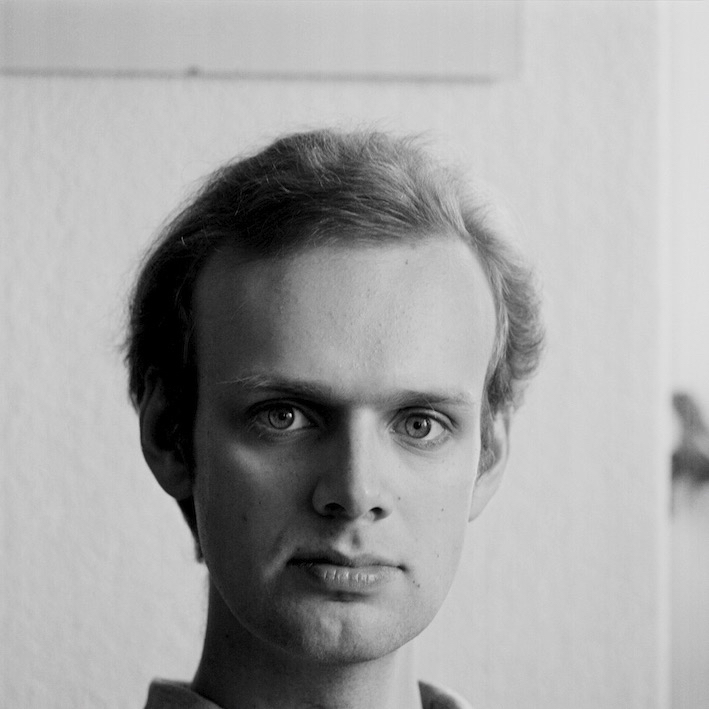Who or what inspired you to take up composing, and pursue a career in music?
I was inspired by three occasions when I was about twelve years old. The first was a music school performance of Britten’s ‘Saint Nicola’s, in which I played cymbals. The second was when I complained to my parents about an imminent school trip to the opera — which for me back then was a boring thing from the past — and they somewhat cheekily showed me Henze’s ‘The Young Lord’ as a counter-example. The third one was the aforementioned school trip itself, after which I asked myself if I could do something like this, tried it out and liked it very much. All of this changed music from something I sometimes did in my spare time to something I want to pursue in my life.
Who or what were the most significant influences on your musical life and career as a composer?
Definitely my composition teachers — Helmut Zapf, Dieter Mack, Julian Anderson and James Weeks — as well as my percussion teachers — Wolfgang Eger, Claudia Sgarbi and Johannes Fischer.
What have been the greatest challenges/frustrations of your career so far?
Gathering any group of musicians into one room at the same time.
What are the special challenges/pleasures of working on a commissioned piece?
The special challenge is working on a piece that needs to fit into a specific framework of instrumentation and length (although that can be very helpful as well). The special pleasure is of course to know that the piece will actually be performed.
What are the special challenges/pleasures of working with particular musicians, singers, ensembles and orchestras?
Knowing that your music will be in good hands; or that, maybe, it won’t.
Of which works are you most proud?
The first movement of my song cycle after poems of Wilhelm Lehmann.
How would you characterise your compositional language?
Different shadings between melody and noise, organized by a usually strict but only just audible framework.
How do you work?
Pencil and paper. A paranoid amount of procedural sketches. Also, I sometimes use very inelegant OpenMusic patches for certain rhythmic procedures.
Who are your favourite musicians/composers?
Aside from the aforementioned Britten and Henze, I was and am very much inspired by music by Reimann, Ferneyhough, Turnage, Adès, Bedrossian, Lachenmann, Bruckner, Ravel, Ligeti, Rebecca Saunders and countless others. On a different end of the musical spectrum, bands like Strapping Young Lad, Dark Tranquillity or the Deftones continue to inspire me.
As a musician, what is your definition of success?
Being able to make some daily progress without second-guessing myself too much.
What do you consider to be the most important ideas and concepts to impart to aspiring musicians?
I still consider myself an aspiring musician, so at the moment the thing I’m trying to tell myself the most is that compositional techniques are a means to an end and not the end itself.
Where would you like to be in 10 years’ time?
At a place in which I can write steadily and play in a chamber group.
What do you enjoy doing most?
Taking some time out to read something not necessarily connected to music.
BCMG will perform new music by Kaspar Querfurth on Saturday 1 September at Promotionsaula der Universität, Trier
